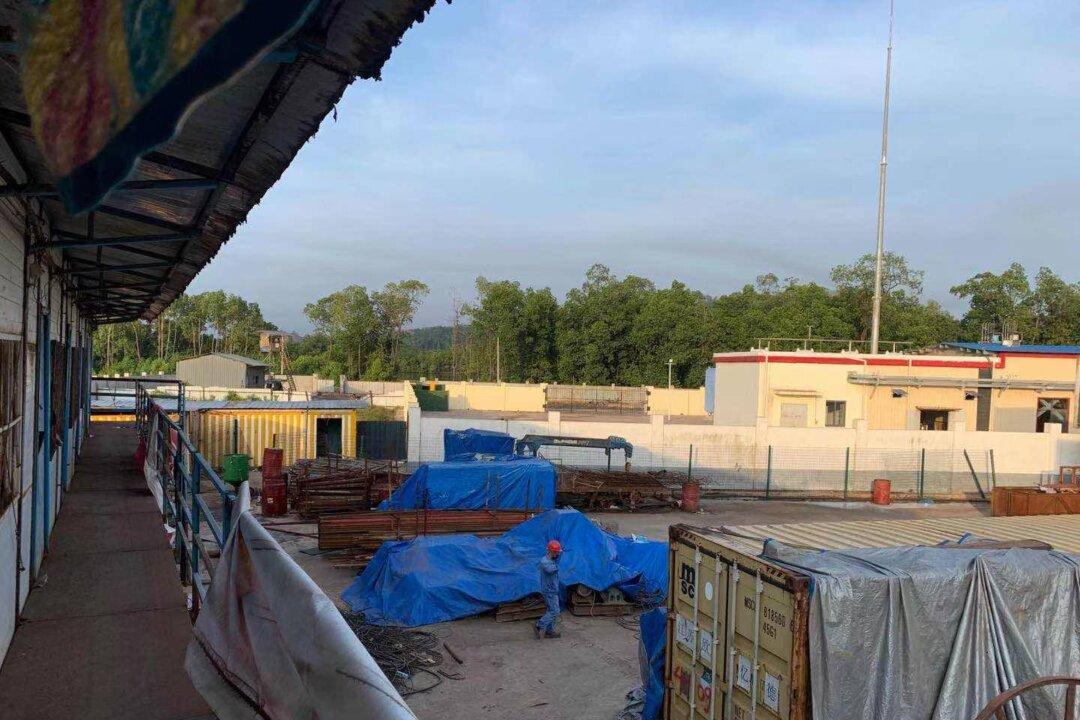The Indonesian government will gradually allow the resumption of coal shipments, with 14 vessels loaded with coal permitted to leave the port on Monday, a senior minister said, amid pressure from major buyers to revoke the country’s ban on coal exports.
Indonesia imposed a month-long ban on coal exports on Jan. 1, due to insufficient supply at domestic power plants, which raised concerns that it could lead to widespread blackouts.





